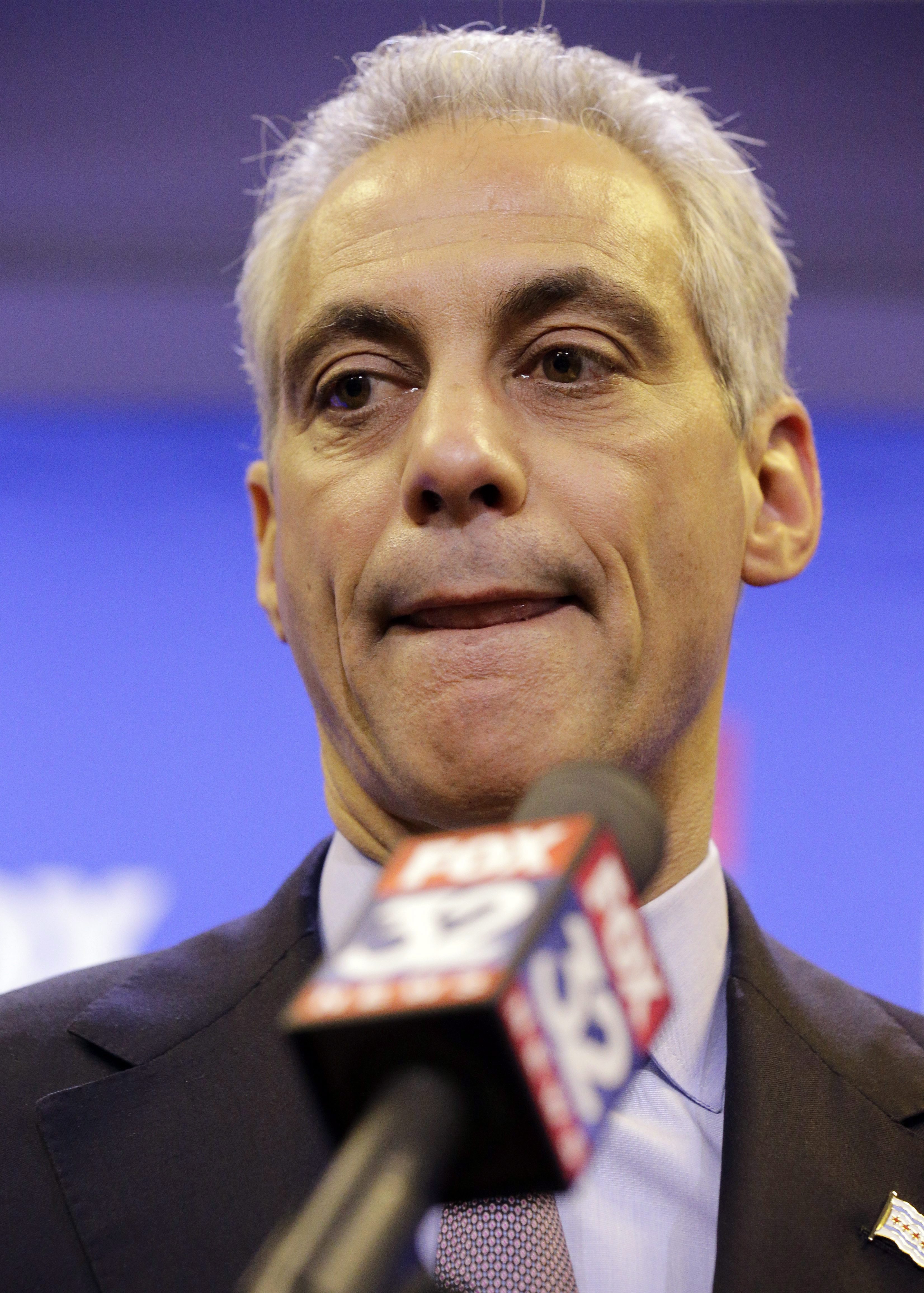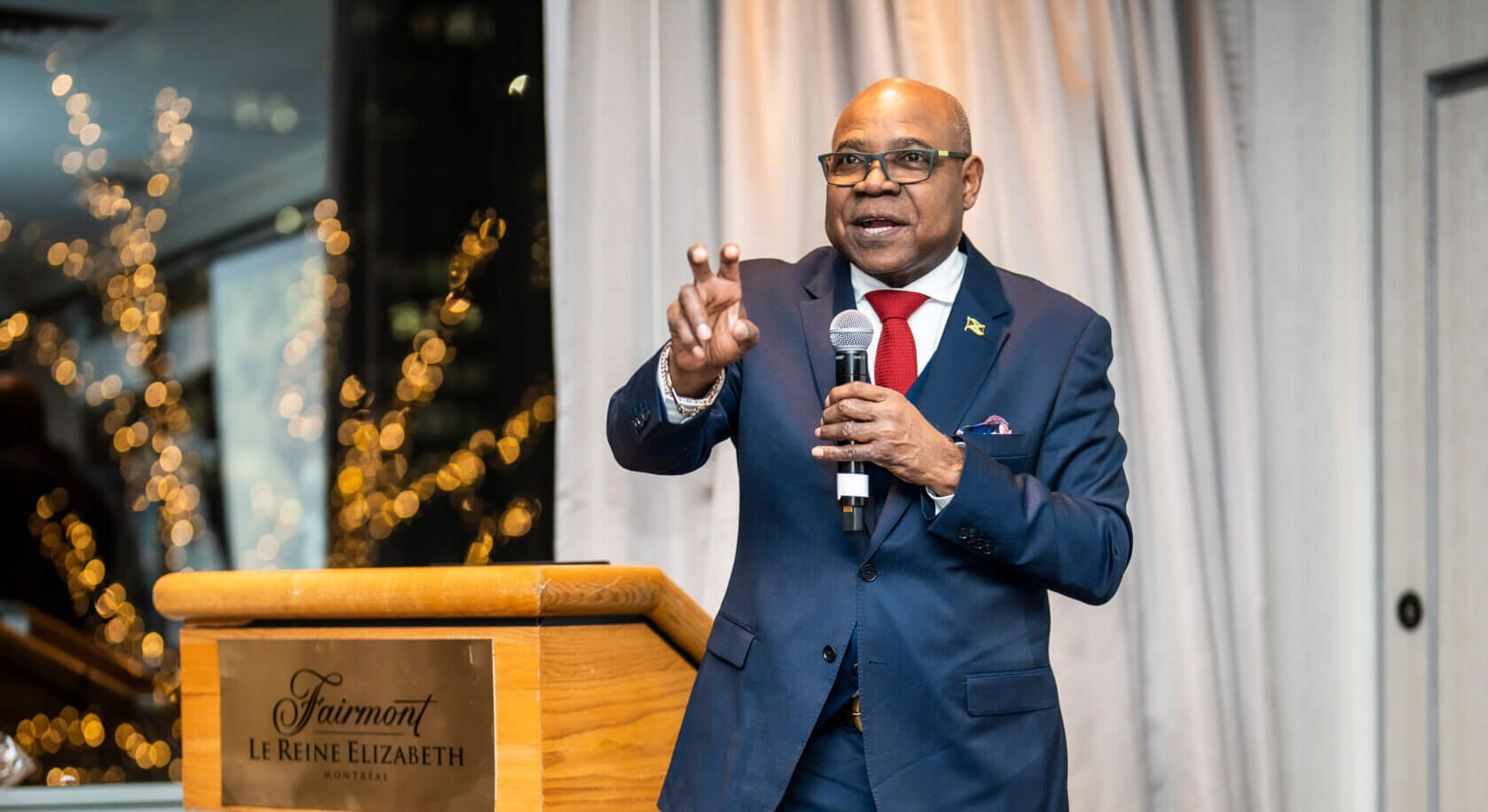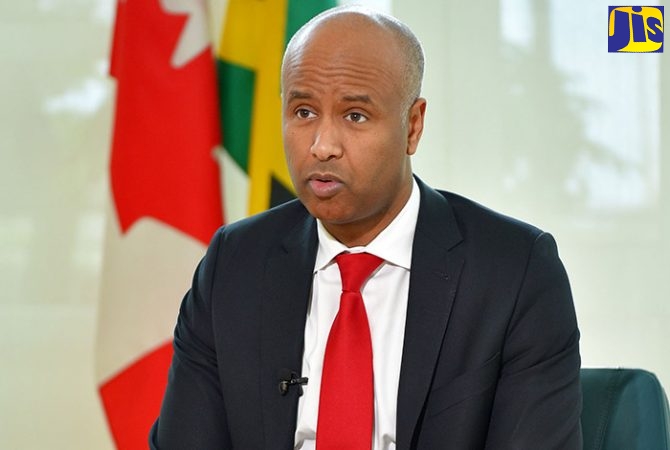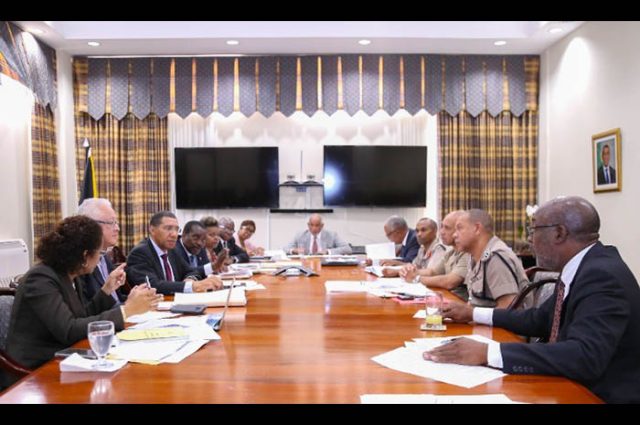Emotional Chicago mayor apologizes for 2014 shooting, vows police reforms
By Don Babwin
THE ASSOCIATED PRESS

Chicago Mayor Rahm Emanuel apologized for the 2014 shooting of a black teenager Wednesday during a special City Council meeting and promised a “complete and total” reform to restore trust in the police.
But the former White House chief of staff, known for keeping a vise-like control over the nation’s third largest city and his own image, has said repeatedly that he will not step down as he finds himself in the weakest position of his long political career.
His emotional speech didn’t stop hundreds of people from taking part in a midday protest downtown, chanting “16 shots and a coverup” in reference to the release of a video showing white Officer Jason Van Dyke shooting 17-year-old Laquan McDonald, who appeared in the footage to be walking away. Van Dyke is charged with first-degree murder.
The McDonald footage set off protests in Chicago and captured the attention of a country already grappling with several other police killings of African-American men that have given rise to the “Black Lives Matter” movement.
Emanuel criticized the police department for being quick to shoot, saying the department’s “supervision and leadership” had failed. The problems have led to intervention by the U.S. Department of Justice, which announced a far-reaching civil rights investigation of the department this week.
“I take responsibility for what happened because it happened on my watch. And if we’re going to fix it I want you to understand it’s my responsibility with you,” Emanuel said. “But if we’re also going to begin the healing process, the first step in that journey is my step.
“And I’m sorry.”
Critics have repeatedly accused Emanuel of keeping the McDonald footage under wraps until after he won a tougher-than-expected spring election for a second term. The mayor has denied the claim and acknowledged Wednesday that he should have pressed for prosecutors to wrap up their investigation sooner so the video could be made public.
Most of the cries for Emanuel to resign have come from grassroots activists and residents, not from the city’s political powerbrokers. The next election _ should he seek another term _ isn’t until 2019.
Chicago has no process for a mayor to be recalled. On Wednesday, Democratic state Rep. La Shawn Ford filed legislation outlining a lengthy process for a city special election.
A few days after the video was released, Emanuel announced that he had demanded and received the resignation of Police Superintendent Garry McCarthy, created a new task force for police accountability and expanded the use of body cameras.
But the anger did not subside, and every day there seemed to be another issue, including the release of hundreds of pages of documents that show police had described in their reports a far more threatening McDonald than the teen shown to the city and the world on video.
The situation became so volatile that Emanuel was forced to do something he rarely does: backtrack. After initially saying that a federal probe of the department would be “misguided” because the U.S. Attorney’s office was already examining the McDonald shooting, Emanuel later said he welcomed such an investigation.
On Monday, U.S. Attorney General Loretta Lynch announced a Justice Department civil rights investigation to determine if there are patterns of racial disparity in the police department’s use of force.
Emanuel then said the city would stop fighting the release of a second video that showed a police officer shooting a man in the back. That video was released Monday during a presentation in which Cook County State’s Attorney Anita Alvarez said she would not charge the officer.




